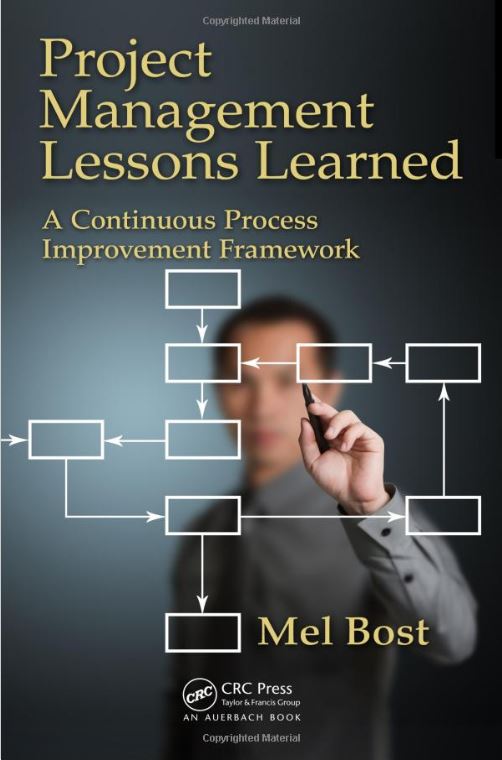 One of the fallacies that many people who do not work in the project management field believe is that all those people in the project community are avid students of project management and that many of them are “certified” by somebody to be “real” Project Managers. In reality, it is a fact that anyone can use project management techniques and disciplines to improve their work processes or their leisure activities as well.
One of the fallacies that many people who do not work in the project management field believe is that all those people in the project community are avid students of project management and that many of them are “certified” by somebody to be “real” Project Managers. In reality, it is a fact that anyone can use project management techniques and disciplines to improve their work processes or their leisure activities as well.
Take for example the TV channel HGTV (Home and Garden Television). This channel is focused on home ownership and all that goes along with it…acquisition of homes, marketing of homes, improvement of homes, etc. It is no surprise because home ownership is so important to economies and a home is probably the largest single investment of a person or a family in a lifetime. So it is natural that HGTV focuses on all types of “situations” that involve homes. I have noticed that over the past five years many of the programs have begun to incorporate project management techniques and methods in their stories and in the narrative.
You too can be an active project management “role” player in your own home situations.
As you watch episodes on HGTV, look for these distinct topics:
1. Requirements Management–The focus here is on what is the intended outcome of the project. It might me a new patio, garden wall or a restored room in a home. Watch HGTV as the project teams try to pin down exactly what they want to accomplish and then see if the clients or customers introduce any “scope creep” as the project proceeds.
2. Scheduling–This is a necessary piece of the home improvement since it determines how quickly some actions can take place and what actions must be completed before any new introductions of features occur. For example, suppose an existing floor needs removal before a new tile floor is installed. There is a sequence to this that helps determine the schedule.
3. Resources–How many people are going to participate in the project? What physical resources such as paint and draperies will be used? Identification of these “resources” is essential to a good project management plan.
4. Scope–It is as important to determine what will be included in the project work as it is to determine what will be excluded. Documenting these in some manner is a good idea to keep reminding the project team what they are working on and how it relates to the resources allocated to meet the objectives of the project.
5. Risk Management–Although perhaps not a prime consideration for new project managers, it is important to keep in mind what can go wrong and what events might dictate a change in plans or introduction of an alternate plan is certain events are triggered in the course of the project.
As you watch episodes of HGTV, look for these elements to be introduced to insure that the project is completed on time and within budget with the right requirements being satisfied for the project. Try out some of these topics in your next initiative to see how smoothly you can complete the initiative.
Yes, you have stepped squarely into the project management arena and, if you continue to develop your expertise with regard to these topics and others that arise in HGTV episodes, you will continue to develop your capability to approach any new “project” with real project management tools and practices.

Leave a Reply